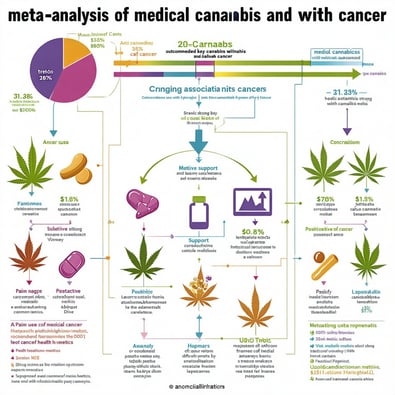As the legalization of cannabis has become more widespread across several states in the US, a recent study found that frequent and moderate users of cannabis may be less likely to follow through with recommended screenings for various types of cancer, including breast and prostate cancer.
Filippo Dagnino, MD, of Brigham and Women’s Hospital, and colleagues conducted the study, which aimed to “evaluate the relationship between cannabis use frequency and adherence to recommended breast, prostate, cervical, and colorectal cancer screenings.”
The investigators analyzed data gathered from Behavioral Risk Factor Surveillance System surveys, focusing on men and women deemed eligible for recommended cancer screenings. They explained that the predictor variable was self-reported cannabis use, stratified by frequency, ranging from none, 1-19 days per month, to 20-30 days per month.
In addition, the primary outcome variable was adherence to recommended cancer screenings, while a multivariable-adjusted model evaluated predictors of adherence.
A total of 229,711 patients were included in the analysis, corresponding to a weighted population of 46.9 individuals eligible for screening. According to the findings, high-frequency cannabis use, defined as 20-30 days per month, “was associated with lower adherence to breast cancer screenings (adjusted odds ratios [aORs], 0.70 [95% CI, 0.54 to 0.91]),” while moderate use, defined as 1-19 days per month, “showed no significant effect.”
The findings also revealed that cannabis use at any frequency level correlated with “lower adherence to prostate cancer screenings (1-19 days: aOR, 0.76 [95% CI, 0.58 to 0.98]; 20-30 days: aOR, 0.60 [95% CI, 0.44 to 0.82]).”
Overall, high-frequency cannabis use correlated with lower adherence to recommended breast and prostate cancer screenings, and moderate-frequency use correlated with lower adherence to prostate cancer screenings alone.
“Close monitoring of adherence to breast cancer screenings in women and prostate cancer screenings in men with frequent cannabis use might be beneficial,” the investigators concluded.





